Education has always been a mirror of our collective values, reflecting our understanding of what it means to learn, grow, and contribute to society. We’ve seen transformations driven by the printing press, public schooling systems, standardized testing, the internet, and now, Artificial Intelligence (AI). But AI’s potential impact on education stretches far beyond incremental improvements—it invites us to fundamentally rethink what learning can be. Will AI change education? Almost certainly. How it changes education, however, depends on the choices we make today.
From Standardization to Personalization
For much of recent history, formal education has aimed to standardize learning. The logic was practical: in classrooms with dozens of students, a single teacher, and a set curriculum, standardization was an efficient approach. Yet, this efficiency often came at the cost of individualization. Learners differ in pace, interests, learning styles, and background knowledge, making a one-size-fits-all approach inherently imperfect.
AI offers a pathway to break free from these constraints. Intelligent tutoring systems can continuously assess student progress and adjust content difficulty on the fly. Instead of waiting for a test at the end of the month, learners receive immediate, formative feedback. Struggling with fractions? The system can deliver targeted activities, interactive models, or immersive simulations until the concept “clicks.” Already mastered them? Move on to more complex challenges without delay. This personalization ensures that boredom and frustration, long-standing enemies of engagement, are minimized.

Axon Park Classroom
The Role of Immersive Worlds
AI’s transformative potential is most vivid when combined with immersive digital environments. Consider platforms like Axon Park, which was built from the ground up to support standards-aligned, adaptive, and deeply engaging learning experiences. In Axon Park’s virtual worlds, students can collaborate to explore historical cities, run simulated chemistry experiments, solve architectural puzzles, or engage in multilingual conversations with intelligent virtual agents.
What distinguishes Axon Park’s immersive metaverse from earlier educational tools is the seamless integration of AI-driven personalization and curriculum alignment. While a conventional game might provide a fun activity, Axon Park ensures that every simulated challenge or puzzle corresponds to recognized learning frameworks—be it U.S. Common Core, European Qualifications Framework (EQF), or the International Baccalaureate (IB). AI algorithms track each student’s progress, adapt scenarios in real time, and ensure that these exhilarating virtual adventures have a clear academic purpose.
Philosophical Dimensions of AI in Education
Beyond efficiency and engagement, AI’s entrance into education forces us to confront deeper philosophical questions: What is the purpose of learning, and what role should technology play in shaping human intellect and character?
- The Nature of Knowledge and Understanding:
Traditionally, schooling has focused on content acquisition—memorizing facts, formulas, and historical dates. But in a world where AI can retrieve and present information instantly, is content mastery still our primary goal? Perhaps education should shift toward developing critical thinking, creativity, empathy, and the ability to navigate complexity. AI can help by handling rote tasks and freeing educators to guide discussions about ethics, interpret ambiguous data, or debate conflicting perspectives. The teacher’s role evolves from delivering content to curating rich intellectual experiences. - Humanity’s Evolving Relationship with Tools:
From the abacus to the computer, we have always used tools to enhance thinking. AI is the latest and most sophisticated tool, one that can learn patterns and even generate new ideas. Its presence in education prompts a question: as we delegate certain cognitive tasks to AI, what remains distinctly human? The answer may lie in our capacity for moral reasoning, emotional intelligence, and meaningful creativity—traits AI can simulate but not truly embody. With AI taking on adaptive tutoring and content delivery, human educators can focus on nurturing these essential human qualities. - Global Equity and Accessibility:
AI and immersive platforms like Axon Park can broaden access to quality education. In regions where skilled educators or specialized courses are scarce, a virtual platform enriched with AI-driven lessons can bring top-tier learning experiences to any student with an internet connection. Philosophically, this raises hopes for leveling the playing field, promoting educational equity, and unlocking human potential worldwide. However, ensuring global infrastructure, affordability, and cultural sensitivity remains a collective responsibility. If implemented thoughtfully, AI can transcend borders and democratize knowledge.
Practical Implementations: The Classroom of Tomorrow
Let’s imagine a classroom a decade from now. Students don VR headsets and enter Axon Park’s virtual environment. Instead of a one-size-fits-all lecture, the system already knows each learner’s skill level and interests. One student might be exploring an ancient city, conversing with historically accurate AI-guides who challenge her to interpret primary source documents aligned with her history standards. Another student, enthralled by the Jurrasic Period, inspects a virtual dinosaur up close. If he struggles to understand any core concepts, the AI intervenes with an at-scale simulation, additional visualizations, and optional side quests to reinforce the concept.

Virtual Dinosaur Lesson
Meanwhile, the teacher—freed from repetitive grading and content delivery—circulates virtually, joining small groups for Socratic dialogues or helping learners connect their studies to real-world issues. The teacher’s deep understanding of each student’s emotional state, cultural background, and learning objectives, combined with analytics provided by the platform, enables timely, compassionate interventions. Far from replacing teachers, AI augments their role, providing the information and flexibility they need to excel as mentors and guides.
Ethical Considerations and Data Privacy
Deploying AI in education is not without challenges. Systems that adapt to each student’s needs must collect data on performance, progress, and behavior. Parents, educators, and policymakers will rightly demand robust privacy protections and transparency. Platforms like Axon Park need to ensure compliance with data protection regulations, offer clear controls for educators and parents, and respect the autonomy of learners. With careful design, AI can empower rather than surveil, providing insights that enhance learning while safeguarding personal information.
Teacher Empowerment, Not Replacement
One common fear is that AI might render educators obsolete. However, human mentorship, empathy, and the ability to inspire curiosity cannot be replicated by algorithms. If anything, AI amplifies the value of teachers by allowing them to focus on high-level tasks—like facilitating meaningful discussions, fostering teamwork, and encouraging ethical reflection. AI handles the logistical aspects: differentiated assignments, instant feedback, and dynamic pacing.
Educators will need professional development to adapt to these new tools, but this can lead to more fulfilling roles. Instead of struggling to maintain uniform discipline and pace, teachers can become educational architects, experience designers, and moral philosophers guiding students through a richer intellectual landscape.
Continual Evolution: The Future Beyond the Future
AI’s influence on education will not be a one-time event. Just as the introduction of the internet continually reshaped classrooms, AI’s role will evolve with new research, pedagogical insights, and cultural shifts. Over time, we may see the creation of knowledge ecosystems where students, AI tutors, teachers, parents, and international experts collaborate seamlessly. Axon Park and similar platforms may expand to host global academic conferences, student-led innovation labs, and cross-disciplinary challenges that blur the line between learning and doing.
This journey requires persistent dialogue. Educators, students, parents, policymakers, and technologists must work together to ensure that AI serves our highest educational ideals. Instead of narrowly focusing on efficiency or test scores, we can strive for education that nurtures wisdom, empathy, and a love of learning.
Conclusion: A New Renaissance in Learning
Will AI change education? Yes. It can personalize learning, integrate immersive worlds, and enable global collaboration. It can free teachers to focus on the human core of education and push us toward more meaningful learning goals. Axon Park exemplifies how these innovations can be designed intentionally, ensuring that immersive, adaptive experiences align with recognized standards, support equity, and respect privacy.
But the real potential of AI in education lies in how we wield it. If guided by thoughtful pedagogy, ethical oversight, and a commitment to human flourishing, AI’s influence will usher in a new renaissance of learning—one that values critical thinking over rote memorization, empathy over competition, and curiosity over compliance. In embracing this future, we don’t just upgrade our classrooms; we elevate the very purpose of education itself.



